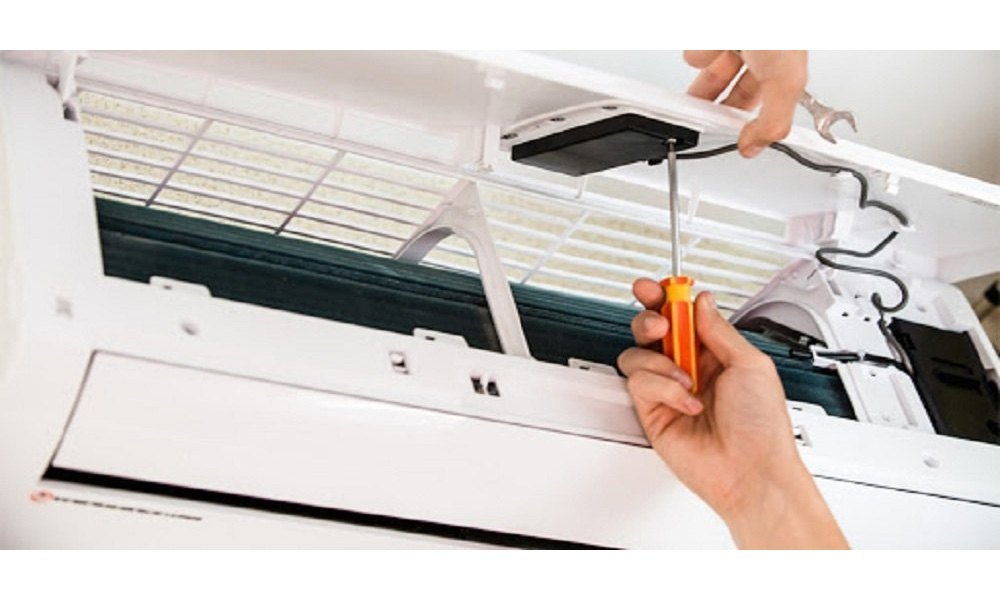People who own HVAC systems can recognize basic elements such as the furnace or air conditioner but may not know about the air handler. The air handler system fails to get the attention it deserves. Understanding how an air handler operates enables you to identify and handle HVAC issues on time.
What Is an Air Handler?
An air handler serves as the primary mover of conditioned air across your residence through the HVAC network. It supports air conditioners and heat pumps by distributing warm or cool air across the whole house through ducts. This indoor section distributes conditioned air to keep your house at the desired temperature all year long. Traditional placement for an air handler is in attic space, basement area, or standalone room where it contains essential elements which make up its core function like the blower fan and heating devices. Each system part works jointly to deliver proper airflow throughout the system. For efficient operation, consider furnace repair in burnaby bc to keep your air handler and entire HVAC system running smoothly.
How Does the Air Handler Work?
The air handler connects with your HVAC equipment that sits outdoors. When the thermostat shows temperature changes your outdoor unit starts to handle heat either by absorbing or discharging it. When your home requires heating or cooling the air handler blower motor draws room air while sending it through the evaporator coil where it is cooled or heated depending on the system type before returning conditioned air into the duct network. Certain air handlers include basic heating strips as a backup system to serve colder areas and intense winter conditions.
Your air handler requires attention when you detect these changes:
The air handler system follows the same wear patterns as all HVAC parts. These indicators show your air handler requires service:
- When your vents produce little or unreliable airflow this suggests problems exist either in the blower motor or evaporator coil.
- Harsh sounds from the air handlers suggest broken components that require professional attention.
- Your air handlers have problems delivering equal temperatures between different rooms.
- When air handlers fail properly, they use excess energy which raises your monthly utility bill.
Why Is the Air Handler Important?
Your HVAC system depends on the air handler to work properly because it handles the distribution of temperature-controlled air. An old or malfunctioning air handler makes your heating and cooling systems run poorly and creates temperature problems that waste energy. Ordinary maintenance steps paired with fastфик repairs will increase the lifespan of your HVAC system while preserving your home’s temperature zone.

